Gregory Maqoma'sGenesis:
The Beginning And End Of Time
The molten magma – throbbing and undifferentiated, peat and crimson – of ancient Time, a time when mankind could only survive through trust and kinship, with the bonds of community forged from solidarity vital to our rise as a species. A time when life hung by a thread, puny in the face of nature’s mighty forces, but also one, strangely, of near-parity, of greater harmony between the human and his environment.
The horrific, sallow, centuries of what Steve Biko termed the “paper castles” of colonial oppression, of the ascent of racialized segregation and hierarchies, of an industrial capitalist juggernaut that crushed entire kingdoms and peoples. A murky, seemingly unmovable time for hundreds of millions of people on many latitudes, especially on the African continent. But a time, too, marked by the birth of resistance, by Aimé Césaire’s “tidal wave of colour” that would challenge the onslaught of empire, and its
numberless arms: pseudo-science, colonial versions of history, institutionalized religion.
The new expanse – verdant, russet – of the post-colonial era: a time of the (re)birth of the nation-state, sometimes fractured and febrile, sometimes glorious and suffused with possibility. A time when freedom fighters and leaders would prove to be mortals; a time when a subject became a citizen, laden with both the weight and light of rights and duties; a time when we step up, shoulder to shoulder, to build the futures our mothers and father fought – sometimes with their lives – to see take shape; a time when threats, both external and internal, might endanger the manifesto of human destiny they believed in…
Program Synopsis
Gregory Maqoma’s GENESIS: The Beginning and End of Time is a powerful and allegorical journey through the half-life of colonial history, the timeless quest for liberation, and the inner and outer battles human beings face on the way. Inspired by the revolutionary ideas of Aimé Césaire, Frantz Fanon, Steve Biko, and the poetic defiance of migrant communities across the world, Maqoma and team confront the ghouls of colonial legacies and their role in perpetuating contemporary injustices. GENESIS adopts a hybrid form, the dance opera – where movement, music, and text weave seamlessly into an intensely theatrical and poetic narrative –and sets the story in a parallel time, one suffused with biblical imagery, regional myths, and recent history.
Set to live music and song and spoken-word, the work pulses with rhythms rooted in South African traditions while reflecting global wounds: slavery, colonial occupation, state-sanctioned massacres, displacement and silence. GENESIS asks how history repeats itself, how the long shadows of the past shape our present and our future, and how memory is vital to empowering resistance.
Through this high-octane, multidisciplinary, performance, Maqoma transforms the stage into a site of mourning, awakening, defiance, and hope. The body becomes an archive, a protest, a prayer — dancing between ruin and renewal. This is not just a show: it is a reclamation of voice, of occupied space, of stolen time.
Credits
Director and Choreographer – Gregory Maqoma
Librettist – Karthika Nair
Movement Analyst – Shanell Winlock Pailman
Musical Director – Nhlanhla Mahlangu
Lighting Designer – Oliver Hauser
Set Designer – Willy Cessa
Costume designer – Blackcoffee
Props and Stage Manager – Katleho Lekhula
Producer
Gregory Maqoma Industries (GMI)
Kgopolo Kgomo
Co-Producer
Baxter Theatre (Centre at The University of Cape Town)
The Factory: Manchester
Theatre De La Ville
Joburg Theatre
With support from
Vuyani Dance Theatre
National Arts Council: South Africa
Kunstfest – Weimar 2025
Music Performance
Anelisa Phewa
Anelisa “Annalyzer” Stuurman
Bongiwe “Mthwakazi” Lusizi
Xolisile Bongwana
Yogin Sullaphen
Dance Performance
Gilbert Goliath
Monicca Magoro
Nathan Botha
Noko Moeketsi
Roseline Wilkens
Thabang Mdlalose
Tshepo Molusi
Duration:
70 Minutes
Age Restriction:
7 years +
Presenting Partners
Soft Premier: KunstFest – Weimar
30th August and 31st August 2025
Premier: Baxter Theatre – Cape
Town 18th to 22nd February 2026
Joburg Theatre 19 to 22 March 2026
Text Credits
‘The Gods Dispute’ by Anelisa “Analyzer” Stuurman, Xolisile
Bongwana & Mthwakazi Chosi.
‘Time Strides’ and ‘We Are the Good Migrants’ are adapted
and excerpted from ‘writing Time II: Wandering the Western
Range with Linda Karshan’ by Karthika Naïr, Let the
Smithereens, Thayil Editions/HarperCollins India
(forthcoming in 2026). The original poem is an ekphrastic
response to Linda Karshan’s performative intervention
‘Walking the Western Range’ at the British Museum,
London on July 24, 2023.
‘The Only Good Migrants’: text by Karthika Naïr & Nhlanhla
Mahlangu.
‘Use All Means to Dominate’ is from the visual poem
‘A Coloniser’s Mantra for Total Domination’ by Karthika
Naïr, Let the Smithereens.
‘The Lord Is my shepherd’, Psalm 23, 1-6, King James
Version.
‘River Sutra’ by Karthika Naïr.
’30 Thoughts to Remake the World’ is a visual collage poem
created by Naïr from quotations by Aimé Césaire, Frantz
Fanon, Steve Biko and Nina Simon. The quotations are
from:
• Discourse on Colonialism, Aimé Césaire & Joan Pinkham
(translation), Monthly Review Press (2000).
• The Wretched of the Earth, Frantz Fanon, Grove Press
(1965).
• I Write What I Live, Steve Biko, Boverdean Press (1978).
• ‘Interview with Nina Simone’, Black Journal (1968).
• Black Skin, White Mask, Frantz Fanon & Charles Lam
Markmann (translation), Grove Press (1994).
• Nina: A Historical Perspective (film), director: Joel Gold
(1970).
• What Happened, Ms. Simone? (film), director: Liz
Graubus (2015).
‘Come and Receive the Old Knowledge’ by Nhlanhla
Mahlangu.
‘You Who Wove the Sun’ by Nhlanhla Mahlangu.
‘We Move, We Build: Base, Buttress…’ is excerpted and
adapted from ‘We, the People’ by Karthika Naïr, Let the
Smithereens
